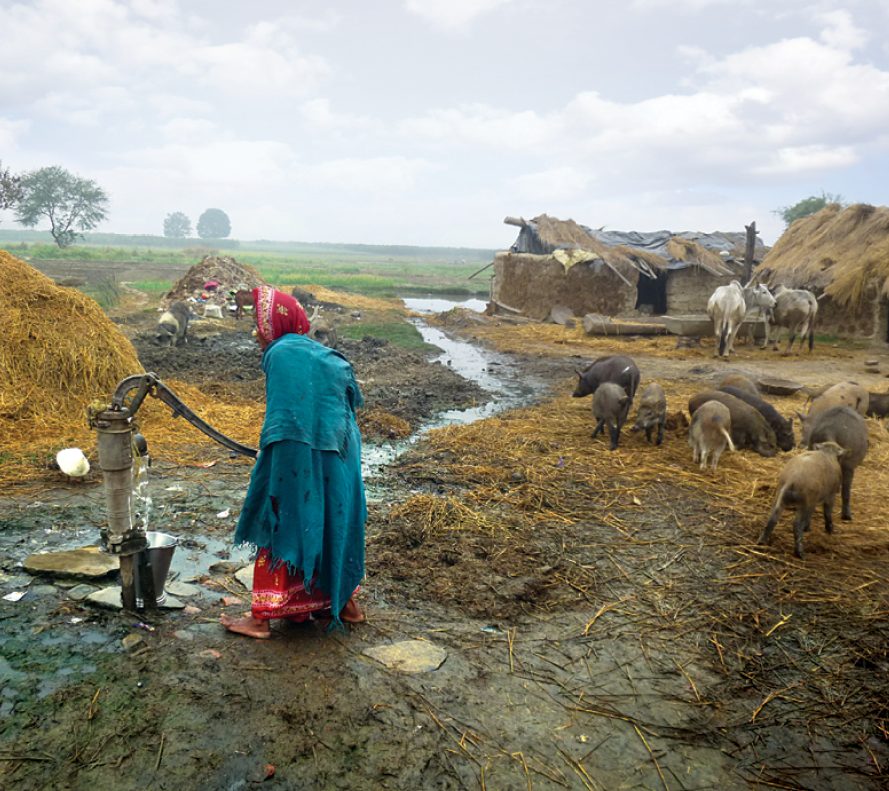
World Organisation for Animal Health ( WOAH)
Every year on July 6, World Zoonosis Day reminds us of the profound impact that diseases shared between animals and humans can have on global health, economies, and livelihoods. The World Organisation for Animal Health (WOAH) takes this occasion to reaffirm its mandate: ‘improving animal health worldwide’ as a cornerstone of public health, under the One Health framework.
Zoonoses—diseases that transmit between animals and humans—account for over 60% of all emerging infectious diseases. From rabies to avian influenza, and more recently COVID-19, the spillover of pathogens from animals to humans poses a persistent threat. Climate change, deforestation, and intensified livestock production amplify these risks, making coordinated action more critical than ever.
WOAH’s work is at the heart of preventing and controlling these diseases. By supporting countries to strengthen their veterinary services, improve surveillance, and implement international standards, WOAH ensures that animal health systems remain robust, resilient, and ready to protect human health too.
As a founding member of the Quadripartite alliance—alongside the Food and Agriculture Organization (FAO), the World Health Organization (WHO), and the UN Environment Programme (UNEP)—WOAH advances the One Health Joint Plan of Action. This strategy recognizes the deep interconnection between humans, animals, plants, and the environment, and it promotes collaborative approaches to reduce the risk and burden of zoonotic diseases and antimicrobial resistance (AMR).
In Africa, WOAH has supported member countries in integrating AMR and zoonoses into their national One Health action plans, trained experts in aquaculture and apiculture to address emerging risks in these sectors, and improved surveillance through tools like ANIMUSE and VSAFE, which monitor antimicrobial usage and detect substandard veterinary products.
On this Zoonosis Day, WOAH highlights several achievements:
Beyond technical interventions, WOAH is committed to fostering behavioural change. Through campaigns and observances such as World Antimicrobial Awareness Week, World Rabies Day, and World Food Safety Day, it raises awareness and encourages sustainable practices that safeguard both animal and human health.
As the world continues to grapple with zoonotic and antimicrobial resistance threats, WOAH calls on all stakeholders—governments, veterinarians, farmers, and communities—to embrace One Health. Preventing the next pandemic starts with healthy animals and resilient animal health systems.
On World Zoonosis Day 2025, WOAH reiterates: tackling zoonoses is not optional—it is essential to achieving global health security, food safety, and sustainable development. Together, we can break the chain of transmission and create a healthier future for all.
WOAH


